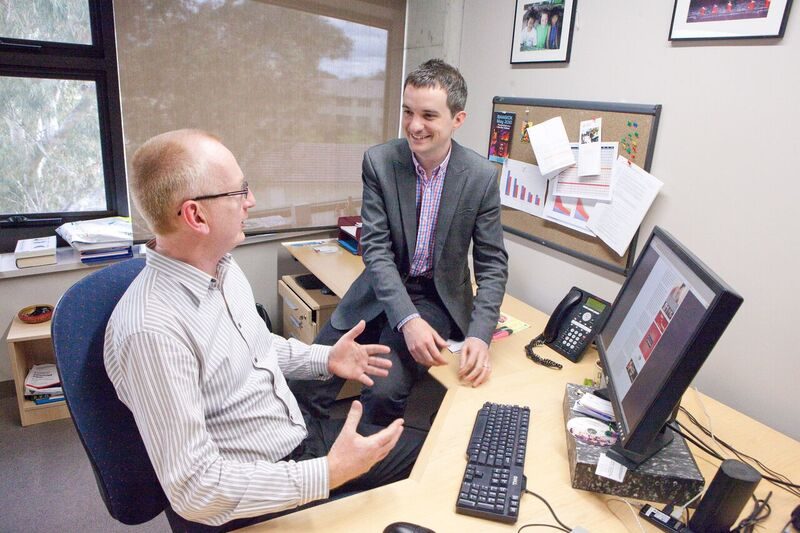How a military coup led to a revolution in connecting academic insight with the wider world.
From reporting on the untouchable royal family in Thailand to the fine art of penis piercing and Myanmar’s incredible democratic transition, for 10 years New Mandala has connected specialist knowledge on Southeast Asia with the wider world.
Hosted at The Australian National University since June 2006, it has grown to become a highly visible and influential forum for public debate on the region’s political, social and cultural issues.
The website, the first of its kind at ANU, has come a long way from what its founders, Professor Andrew Walker and Dr Nicholas Farrelly, originally envisioned.
Over the last decade the website’s published more than 5,000 articles, 56,000 comments and been read by millions across the globe. Many of its articles are republished by Australian and international media, with the website also boasting many popular YouTube video series with hundreds of thousands of views.
“Blogging has opened up academia to larger and more varied audiences,” says Dr Farrelly, a fellow in the ANU Coral Bell School of Asia Pacific Affairs. “And there is clearly an appetite for in-depth specialist knowledge.
“At the beginning, New Mandala was intentionally experimental. We were unsure whether our brand of anecdote and analysis would garner any kind of audience. The in September 2006, the Thai army stage one of its sporadic coups and our hitherto obscure online undertaking was catapulted to prominence.
“Since those tumultuous days, New Mandala has attracted and retained an audience much larger than the handfuls that attend academic presentations or read scholarly papers. This is not to gloat – it is merely the reality of the medium.
“Today, our audience is drawn from every country of Southeast Asia and from well over a hundred other nations around the world. Many of our most regular and passionate readers are not academics. They often tell us that they appreciate the openness of our editorial policy and the opportunity to engage with the big ideas in Southeast Asian studies.”
Besides greatly expanding audience, other advantages of academic blogging include instantaneous peer review and feedback, and improving writing. But most important is the immediate public impact, says Professor Walker.
“Those of us who work in the social sciences and humanities place a great value on the persuasiveness of our words. We can write; not perfectly, but better than most. New and genuinely public forms of publication, rather than the semi-private domain of journals and monographs, provide us with powerful platforms for our academic passions.
“Effective engagement and outreach will require a much more nimble academic posture. We need to diversify the way we write. It’s time to stop looking down our nose at public commentary as a second rate form of academic communication. We can rediscover the power of images and sounds.
“An ability to operate effectively in the online world should gradually become a baseline academic selection criteria; just as important as the ability to give a lecture or write a chapter.”
To mark a decade of success and growth, on Thursday 16 June New Mandala is holding a half-day public symposium at The Australian National University.
The New Mandala @ 10 Symposium will showcase the website’s role in pioneering digital outreach activities that have helped to create a vibrant culture for interaction with the public in Australia and around the world.
The event will also offer a chance to hear some of the personal reflections of those who have been heavily involved in the development of this cutting edge academic activity.
Presentations will cover a range of issues including how New Mandala has reported on key countries like Thailand, Malaysia, Indonesia and Myanmar, as well as new perspectives on the digital realm and its impact on public debate and scholarship.
This free event takes place at the Hedley Bull Centre, ANU from 12.30-4pm with lunch and drinks provided. For more information and to register visit Eventbrite.
New Mandala is based at the ANU Coral Bell School of Asia Pacific Affairs. It is run by Dr Farelly and editor James Giggacher.
 Facebook
Facebook  Twitter
Twitter  Soundcloud
Soundcloud  Youtube
Youtube  Rss
Rss 